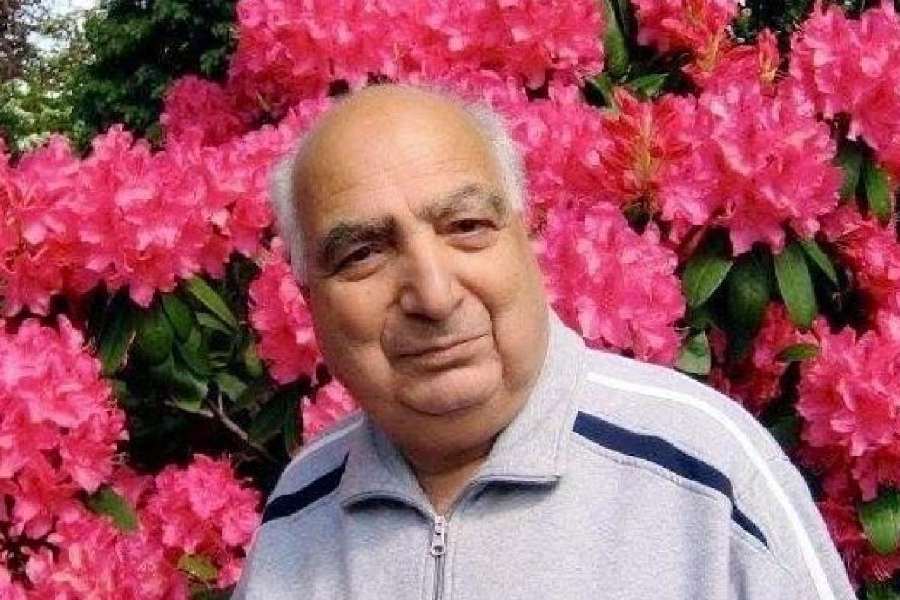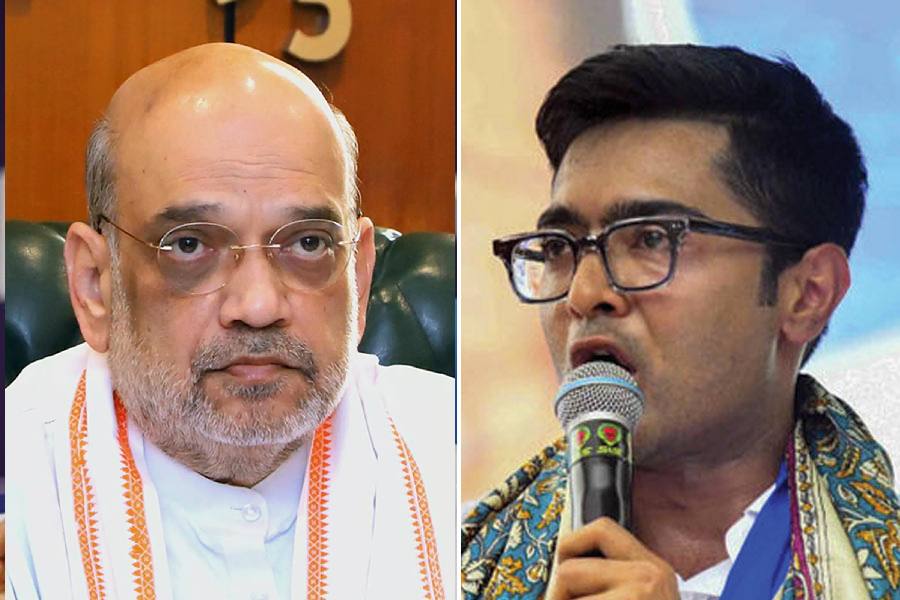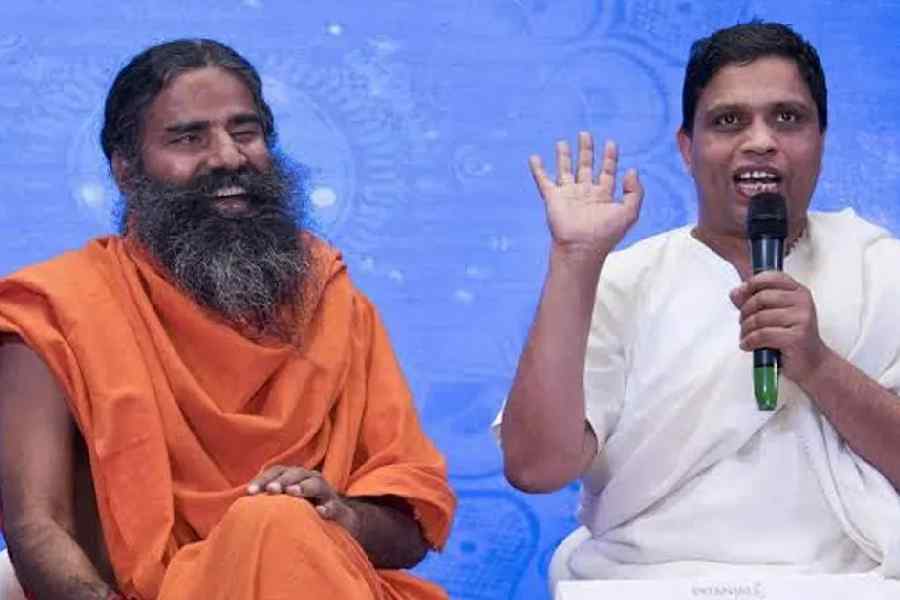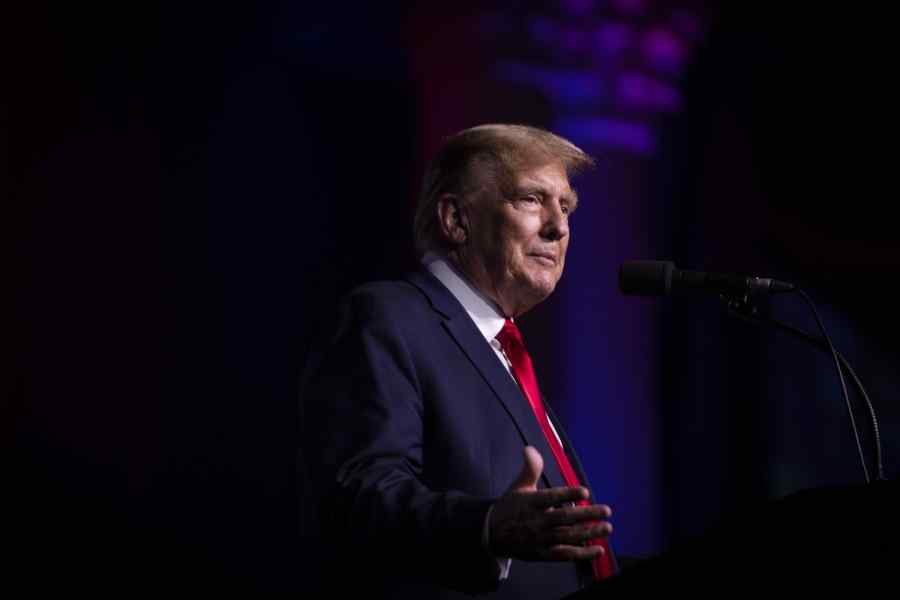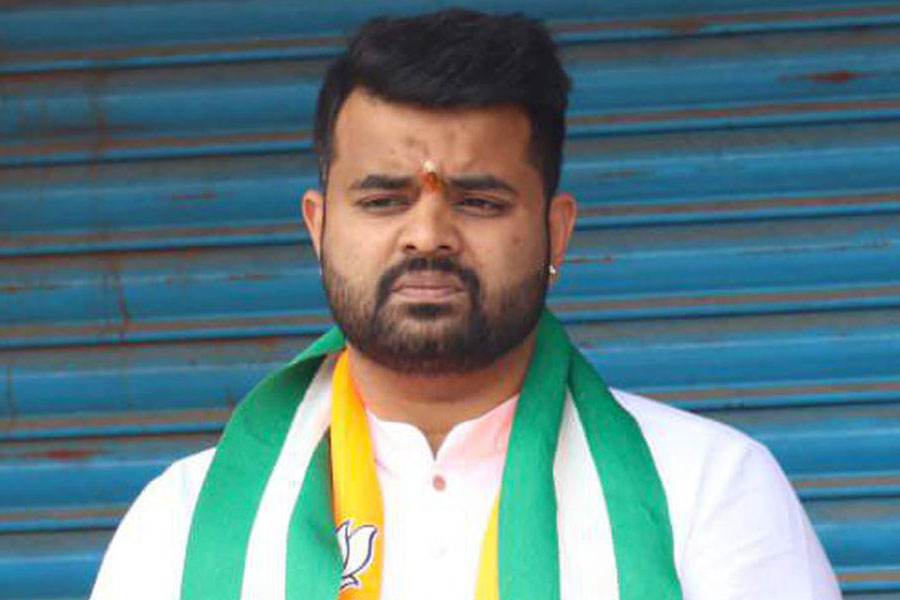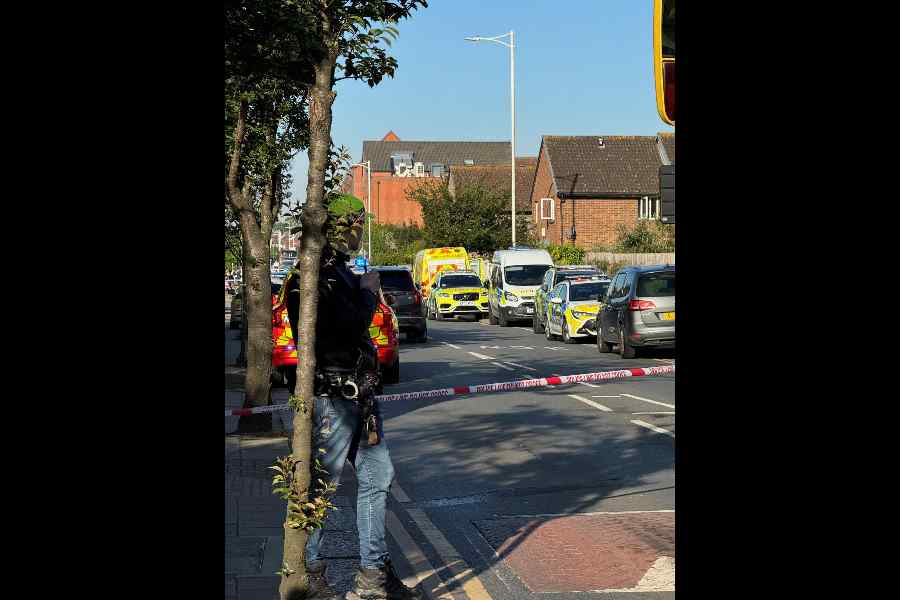Farooq Nazki, the versatile poet and broadcaster who steered India’s ship in Kashmir during the turbulent 1990s when the Valley was up in arms against the State, passed away on Tuesday at a hospital in Jammu’s Katra.
Nazki was 83 and is survived by his wife, son and two daughters. According to his relatives, he had been battling various health issues, including lung and kidney complications, for the past several years.
“The passing away of a qalander (ascetic or a carefree man) is not to be mourned; his fulfilling life is to be celebrated. For he has left this station after enriching it in many ways. A societal loss which is a personal bereavement. RIP Mir Mohammed Farooq Nazki (1940-2024),” his son-in-law Haseeb Drabu, a former journalist and politician, posted on X.
Politicians, including those from the BJP, National Conference and the People’s Democratic Party, mourned his death.
Nazki took over as the director of Doordarshan and All India Radio, Srinagar — the twin propaganda arms of the State — after Lassa Koul, his boss at Doordarshan, was shot dead by militants on February 13, 1990.
Militancy, which had erupted months earlier, was at its peak and the twin media institutions were its foremost targets, forcing authorities to turn the joint complex into a garrison. Under Nazki’s stewardship, they continued their fierce anti-militancy stand.
“He was like a one-man army, perhaps the lone Kashmiri Muslim who wore his Indian nationality on his sleeves those days, although I do not know how much of that was conviction and how much, compulsion,” a journalist, who covered Kashmir during the troubled 1990s, told The Telegraph.
“He was perhaps the most guarded Kashmiri those days, and he moved in a convoy of security vehicles. They were no ordinary times. National Conference leaders, including Farooq Abdullah, deserted Kashmir, and police too were in a mood of rebellion. Certainly, that did not go well with the people.”
Kashmir was rocked by a police revolt in 1993, forcing the army to storm into their headquarters to crush it. There was, however, no bloodshed.
Early in January 1990, Farooq Abdullah resigned as chief minister in protest against the installation of Jagmohan as governor. The Assembly was dismissed and governor’s rule was imposed, which triggered mass protests.
A former colleague of Nazki said there were no resignations at Doordarshan and AIR when militancy started, unlike in 1953 when Sheikh Abdullah was removed from power.
“He (Nazki) would say that he was doing his job and if there was anybody else, he would have done the same. He was brave enough to do it openly. In his poems, you will find him reflecting on the pain and sufferings of Kashmiris. But it is also true he was against militancy because he thought it would bring us ruin,” he said.
“He continued the parampara (tradition) of hoisting the Tricolour at Doordarshan, and that was no small feat in those days. He retired as deputy director-general, Doordarshan, in 2000, and to my surprise, he was never harmed. I have seen him moving around Lal Chowk without security. That is perhaps because he was a multi-faceted personality.”
Former Doordarshan director Shabir Mujahid, who worked under Nazki, said he was an ace broadcaster and a poet.
“He was a trendsetter at the national level. It is he who gave the concept of soap operas to Doordarshan, starting with Shabrang in the early 1980s. He produced many plays and serials. He was equally a wonderful poet,” Mujahid told this newspaper.
In 1995, Nazki won the Sahitya Academy award in Kashmiri language literature for his book of poetry, Naar Hyutun Kanzal Wanas (Fire in the Eyelashes).
After his retirement, he served as media adviser to two former chief ministers, Farooq Abdullah and Omar Abdullah.

